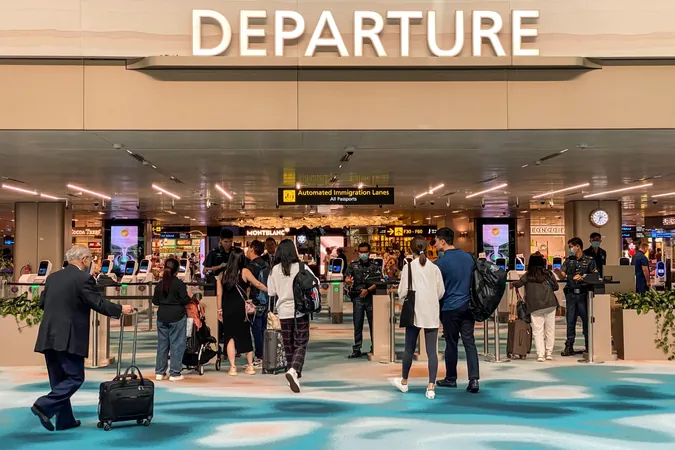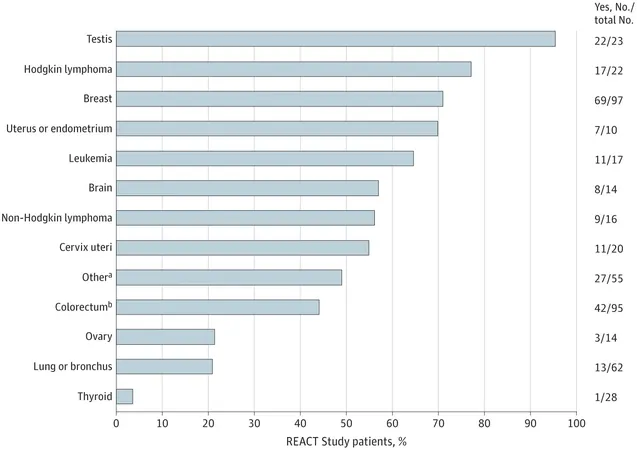
Singaporeans Express Concern Over Rising Fees at Changi Airport – Is This the New Normal?
2024-11-10
Author: Yu
SINGAPORE:
Recent news has sparked a wave of discontent among Singaporeans following the announcement that fees charged to both passengers and airlines at Changi Airport will soar over the next six years. Many comments on social media reflect frustration, especially from those already grappling with the challenges of a rising cost of living.
Currently, travelers departing from Changi Airport pay S$46.40 for the Passenger Service and Security Fee (PSSF), a charge that is set to climb to S$58.40 by 2030. Starting in 2027, the fee will increase by S$3 every April until it reaches the final amount. Long-haul flyers are bracing for the impact of these increments, which have been met with dissatisfaction.
Moreover, airlines will face increased landing, parking, and aerobridge fees as of April 25. They will receive a temporary 50% rebate on these new charges during the initial six months, but this has done little to mitigate the concerns of passengers regarding potential knock-on effects.
Transit passengers won't escape the hike either; their current PSSF of S$6 will see incremental rises—an extra S$3 every April from 2025 to 2027, followed by an additional S$1 each year until 2030, bringing the total to S$18.
The Changi Airport Group along with the Civil Aviation Authority of Singapore (CAAS) clarified that these fee adjustments are essential to fund infrastructure improvements, including upgrades to Terminal 3 and the addition of new Skytrain cars. They also highlighted the need to cover rising operational costs, notably increased wages for airport employees linked to national policy changes like the progressive wage model.
While some netizens acknowledged the necessity of fee increases to maintain competitive edge, sentiments of resentment prevailed. Comments such as "Pay and pay!" and "Increase increase increase" captured the mood of those who feel the financial burden most acutely, particularly middle-class citizens who frequently use the airport.
Concerns were raised that such rising charges could deter international visitors, potentially impacting Singapore's economy. Some individuals even suggested considering alternatives like flying out of Johor’s Senai International Airport, especially with the upcoming RTS link expected to facilitate easier travel between Singapore and Malaysia.
The ongoing fee inflation at Changi Airport has ignited discussions on how the authorities are addressing the cost of living crisis, with some viewing this as an example of disconnect from the everyday financial realities faced by common Singaporeans. As further developments unfold, the question remains – will elevated fees be the new normal for travelers at one of the world’s busiest airports?


 Brasil (PT)
Brasil (PT)
 Canada (EN)
Canada (EN)
 Chile (ES)
Chile (ES)
 España (ES)
España (ES)
 France (FR)
France (FR)
 Hong Kong (EN)
Hong Kong (EN)
 Italia (IT)
Italia (IT)
 日本 (JA)
日本 (JA)
 Magyarország (HU)
Magyarország (HU)
 Norge (NO)
Norge (NO)
 Polska (PL)
Polska (PL)
 Schweiz (DE)
Schweiz (DE)
 Singapore (EN)
Singapore (EN)
 Sverige (SV)
Sverige (SV)
 Suomi (FI)
Suomi (FI)
 Türkiye (TR)
Türkiye (TR)